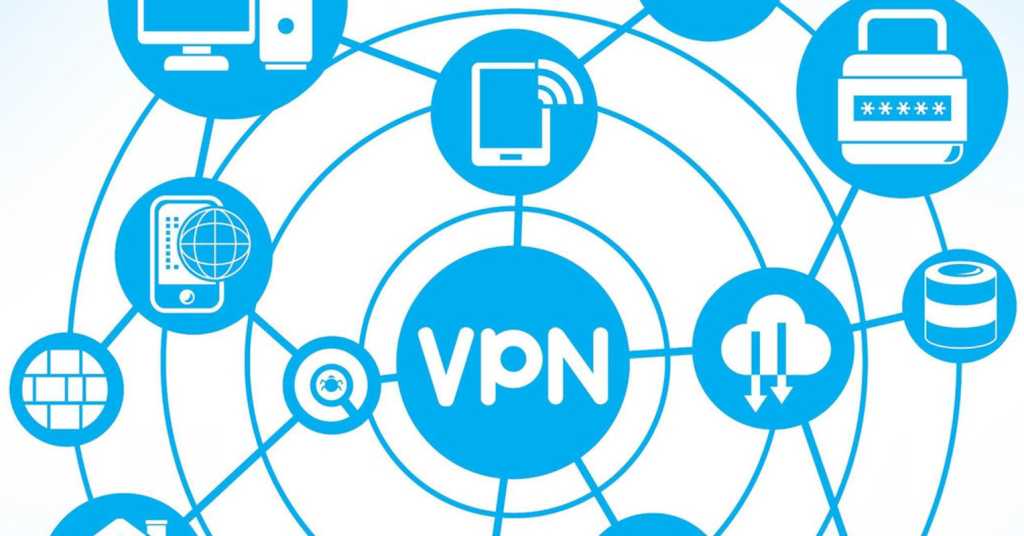Introduction
As the world grapples with rising concerns over online privacy, virtual private networks (VPNs) have emerged as vital tools in our digital arsenal. They offer unparalleled data protection and anonymity while navigating the vast expanse of the internet. But what lies ahead for VPN technology? This piece explores cutting-edge advancements poised to redefine our relationships with digital privacy tools, with a special focus on decentralized networks and post-quantum encryption security.
Decentralized VPNs: A New Paradigm
Decentralized VPNs (dVPNs) have begun to change the landscape of online security. By utilizing blockchain technology, dVPNs spread network functions across numerous nodes instead of relying on centralized servers. This method not only enhances user privacy but also safeguards against censorship and unauthorized data sharing. However, trusting each volunteer node poses risks, as quality control is less straightforward compared to traditional VPNs, thus indicating that both dVPNs and centralized VPNs will coexist moving forward.
The Quantum Security Challenge
With the dawn of powerful quantum computing on the horizon, conventional encryption methods are under threat. The recent introduction of post-quantum encryption standards by the National Institute of Standards and Technology (NIST) marks a pivotal moment. This new encryption technology aims to withstand the computational might of quantum machines, ensuring that VPNs can continue to provide robust security. As these standards gain traction among VPN providers, their implementation will soon become a key selling point for consumers concerned about future data vulnerabilities.
IoT and VPN Integration: A Growing Necessity
The prevalence of Internet of Things (IoT) devices in our homes underscores the urgency of enhanced cybersecurity measures. Many IoT devices lack adequate security, making them prime targets for cybercriminals. VPNs are evolving to meet this challenge by integrating home network security that encrypts all connected devices. Efforts are underway to create user-friendly solutions for managing IoT device connections through centralized VPN management tools, elevating overall security across smart devices.
Key Takeaways
- Decentralized VPNs are gaining traction by enhancing privacy through blockchain technology.
- Post-quantum encryption standards are emerging as a critical need for future VPN security.
- Integration of VPNs with IoT devices presents a new frontier in managing home network security effectively.

